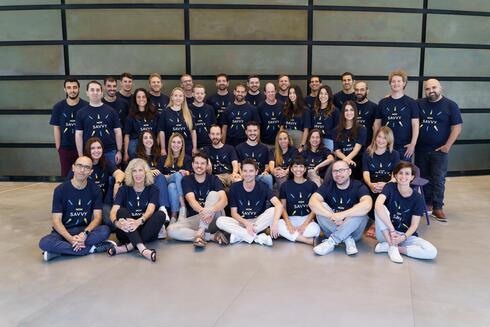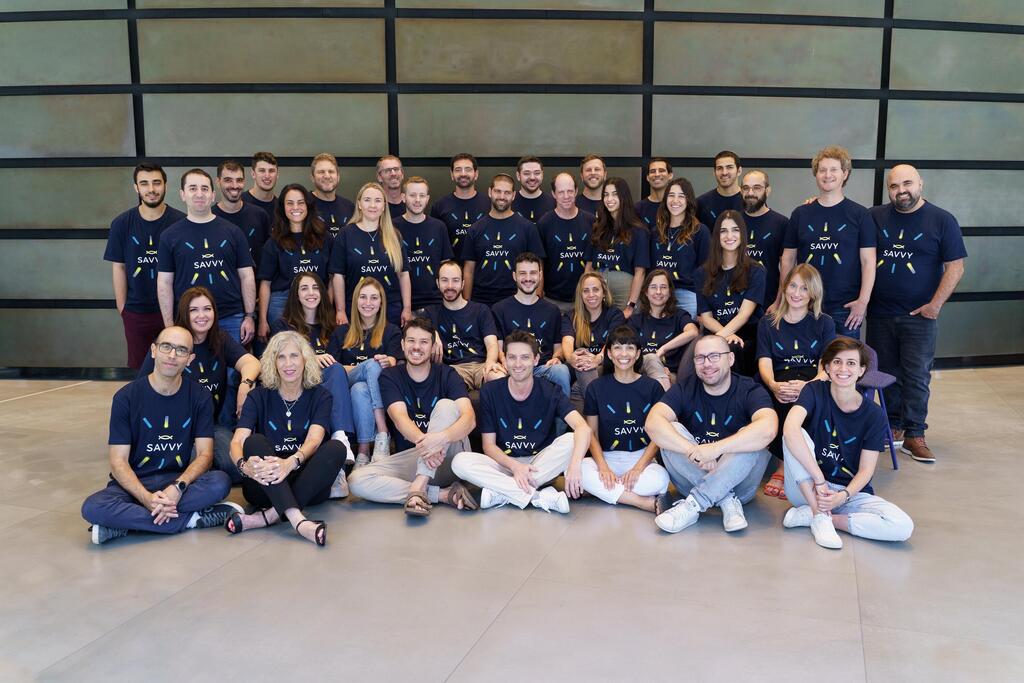
Fireglass founder back at it, raises $22 million Series A for new cybersecurity startup SAVVY
The Israeli startup’s platform reports real-time actionable insights and metrics to security teams, enabling them to identify high-risk areas and user risk profiling to pinpoint which roles and teams require more support
SAVVY, which develops a platform that aims to eliminate workforce-initiated security incidents involving software-as-a-service (SaaS) applications, announced on Tuesday that it has raised $22 million in a Series A led by Canaan. Other key investors include Cyberstarts and Lightspeed. Cyberstarts also led the initial $8 million Seed round with Lightspeed.
SAVVY reports real-time actionable insights and metrics to security teams, enabling them to identify high-risk areas and user risk profiling to pinpoint which roles and teams require more support. The platform recommends steps for risk mitigation and tracks improvement over time.
SAVVY was founded by CEO Guy Guzner, CTO Yoav Horman, CPO Eldar Kleiner, and Chief Architect David Ben Zakai. Guzner was previously the co-founder and CEO of Fireglass, which was sold to Symantec in 2017. Horman and Ben Zakai both also held senior executive roles at Fireglass. Kleiner was a Senior Director at Dell. SAVVY currently employs 45 people, including 39 in Israel.
SAVVY’s Workforce Security Automation platform addresses human error by empowering SecOps with complete visibility and security automation playbooks for orchestrating SaaS incident response before an unsecure action takes place. By implementing just-in-time guardrails directly into the user workspace as a pop-up security copilot, the platform provides real-time alerts and suggestive guidance to improve user decision-making. SAVVY is already deployed by Fortune 500 companies in the hospitality and consumer goods industries, with over 100,000 active users.
"Our goal is to assist people in making better cybersecurity decisions. Many cybersecurity issues arise from human error,” Guzner told Calcalist. “It turns out that systems are not yet fully automated, and we can't eliminate humans because they possess freedom, which also allows for a lot of room for mistakes and nonsense. Many people use ChatGPT in a problematic manner, such as putting the company's source code and secrets there, allowing the information to enter the model and be easily extracted. People enter various platforms without considering the consequences and use corporate applications. We don't prevent them from doing so, but we warn them to do it securely."















